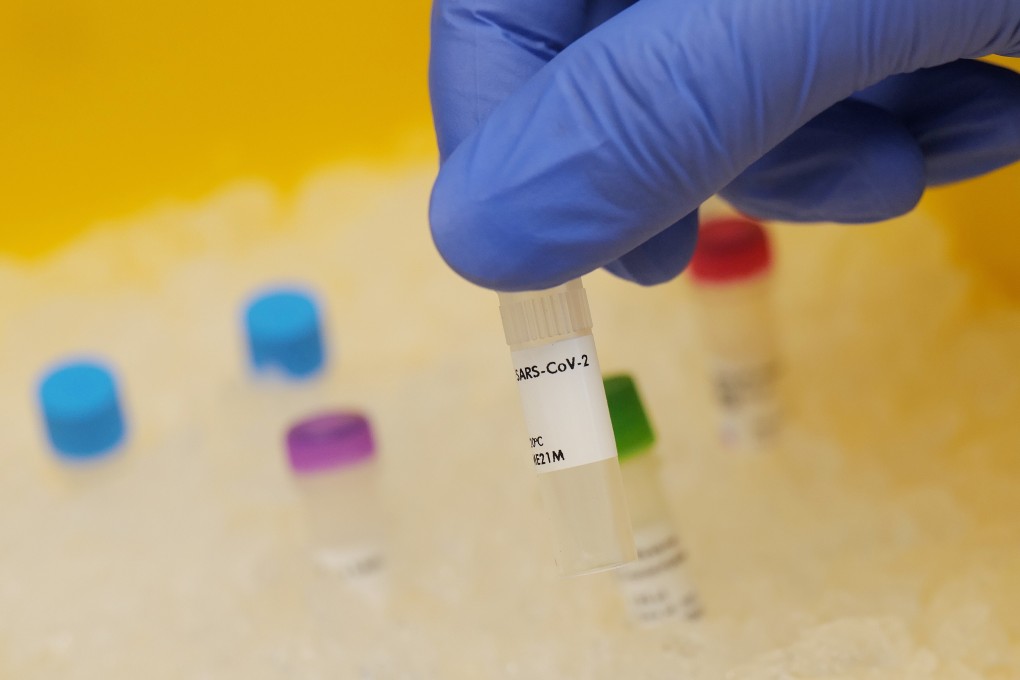Coronavirus: new clinical trials raise fears the virus is learning how to resist vaccines
- Laboratory tests had suggested that the vaccines authorised in the US trigger a smaller immune response to the South Africa variant
- More than 100 million people have been infected worldwide, and each of those infections is an opportunity for the virus to randomly mutate

New data showing that two Covid-19 vaccines are far less effective in South Africa than in other places they were tested have heightened fears that the coronavirus is quickly finding ways to elude the world’s most powerful tools to contain it.
The US company Novavax reported this week that although its vaccine was nearly 90 per cent effective in clinical trials conducted in Britain, the figure fell to 49 per cent in South Africa – and that nearly all the infections the company analysed in South Africa involved the B. 1.351 variant that emerged there late last year and has spread to the United States and at least 30 other countries.
Johnson & Johnson announced on Friday that its new shot was 72 per cent effective against preventing moderate or severe illness in the United States, compared with 66 per cent in Latin America and 57 per cent in South Africa.
“From an evolutionary biology perspective, this is totally expected and anticipated.
Laboratory tests had suggested that the vaccines authorised in the US – one from Pfizer and BioNTech, the other from Moderna and the National Institutes of Health – trigger a smaller immune response to the South Africa variant.
Now there is evidence from tests in people that some variants are less vulnerable to certain vaccines.
“From an evolutionary biology perspective, this is totally expected and anticipated,” said Dr Michael Mina, a Harvard epidemiologist. “But it never feels good to be validated on something so scary.”
Researchers once believed it would take several more months, or even years, for the virus to develop resistance to vaccines. They said the speedy evolution is largely a result of the virus’ unchecked spread.